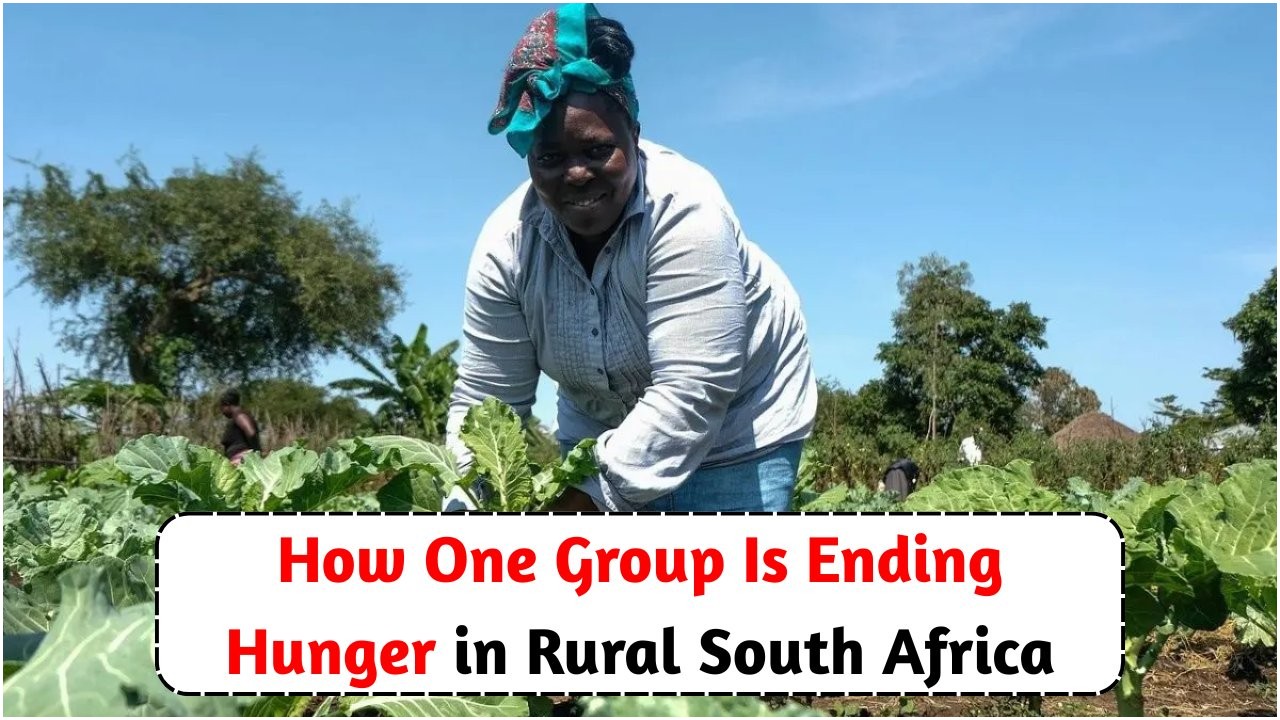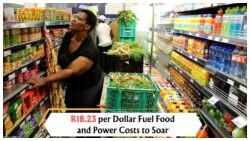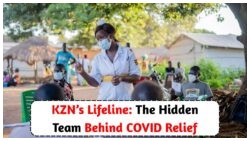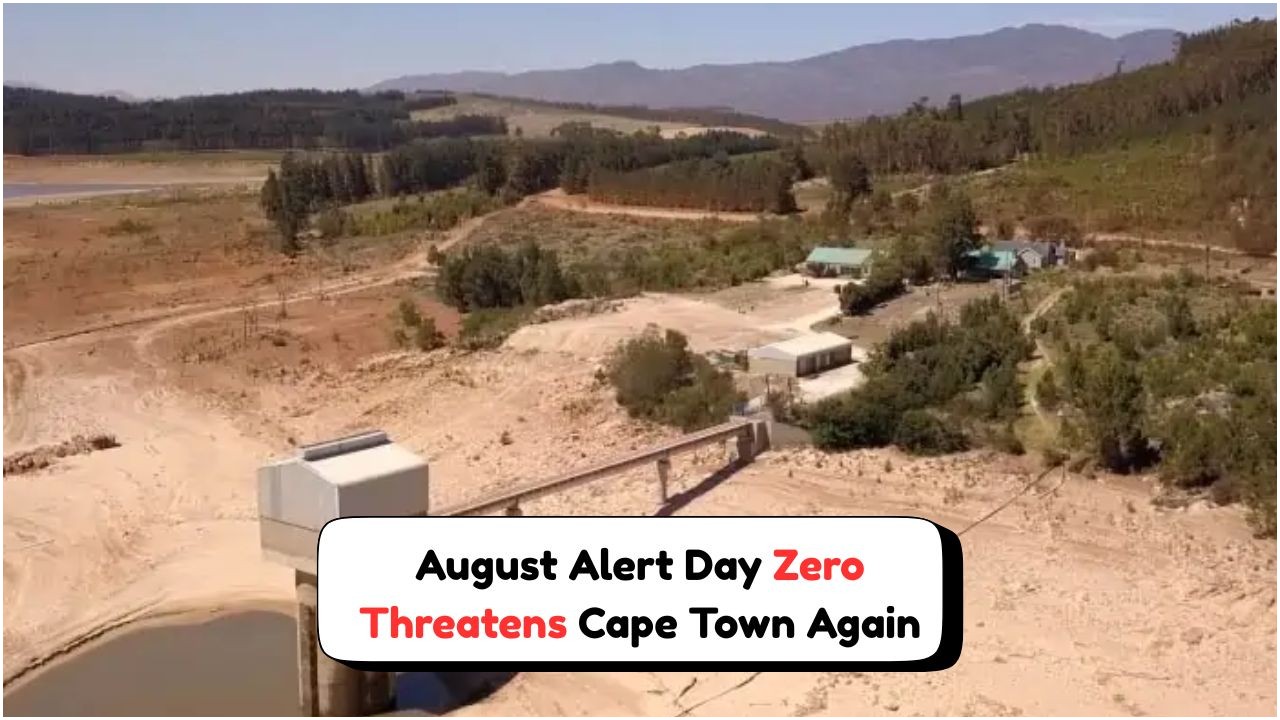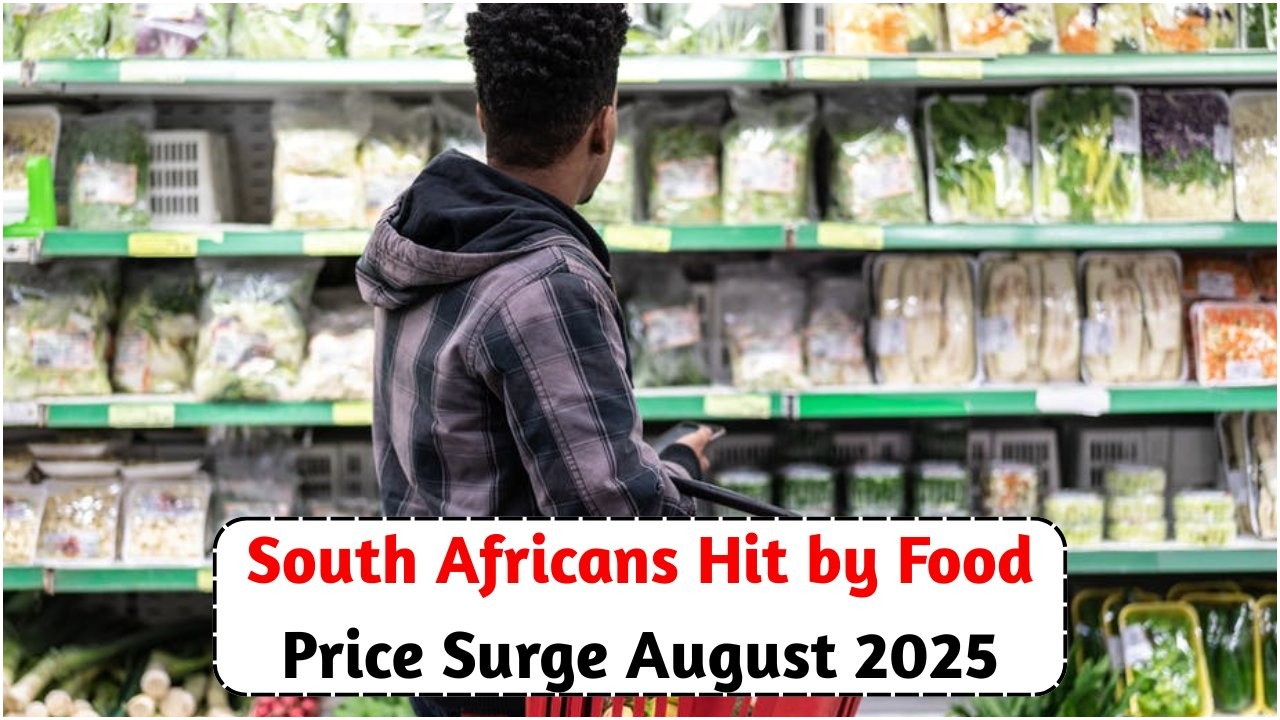Grassroots Approach – In the quiet corners of rural South Africa, hunger is not just a challenge—it is a daily reality for thousands of families. Limited access to food, unemployment, and poverty create a cycle that is difficult to break. But amidst these difficulties, Action in Isolation, a community-driven initiative, is writing a new story—one of hope, resilience, and grassroots action. Through their unwavering commitment, they are bringing real change to areas often forgotten by large-scale relief systems. This article explores how Action in Isolation is fighting hunger at the grassroots level, their innovative methods, and the deep impact they’ve made in rural communities across South Africa.
The Roots of the Hunger Crisis in Rural South Africa
Rural South Africa has long faced systemic challenges such as:
- High unemployment rates
- Limited access to healthcare and education
- Poor infrastructure and transportation
- Lack of consistent government support
According to Stats SA, more than 25% of rural households experience food insecurity regularly. Climate change, increasing food prices, and recent economic disruptions due to the pandemic have worsened this crisis.
Who Is Action in Isolation?
Action in Isolation began as a small volunteer group in 2020 during the COVID-19 lockdown. What started as a crisis response evolved into a full-fledged hunger relief movement. Founded by community organizers, teachers, and local farmers, the organisation believes that “no one should go to bed hungry because of where they live.”
Their mission is to fight food insecurity in remote, underserved communities by working with local residents to grow, prepare, and distribute nutritious food.
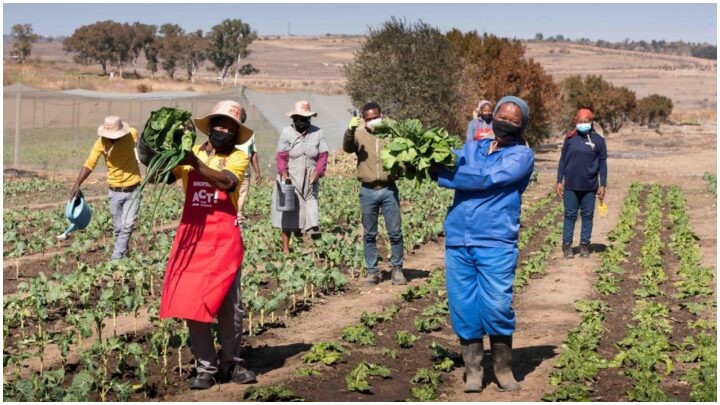
Core Strategies of Action in Isolation
1. Community Kitchens
One of the pillars of their strategy is the establishment of community kitchens run by local women. These kitchens provide:
- Hot, nutritious meals to school children, the elderly, and unemployed workers.
- A safe and dignified space for people to access food.
- Job opportunities for kitchen volunteers.
“The kitchen saved my life,” says Thandi, a single mother of three in Mpumalanga.
2. Home Gardens and Agricultural Training
To promote self-sufficiency, Action in Isolation encourages home gardens. They provide:
- Seeds and gardening tools to households.
- Workshops on permaculture, water conservation, and seasonal planting.
- Partnerships with local schools to create “Food Gardens for Learning” programs.
In 2024 alone, over 300 households started sustainable vegetable gardens through this program.
3. Mobile Food Banks
To reach the most remote regions, they operate mobile food banks using vans converted to carry staple food items like:
- Maize meal
- Tinned beans
- Cooking oil
- Fresh produce
- Infant formula
These mobile banks visit villages on a biweekly schedule, ensuring no one is left behind.
4. Youth Involvement and Education
Youth are key to sustaining the movement. Action in Isolation partners with rural schools to:
- Teach children about nutrition, agriculture, and food rights.
- Encourage youth-led food drives and volunteerism.
- Offer internships and stipends for young leaders working in hunger relief.
“We’re not just feeding stomachs—we’re building a generation of change-makers,” says Sipho Dlamini, project coordinator.
5. Collaborations with Local Farmers
Action in Isolation maintains strong ties with smallholder farmers who donate surplus crops or offer produce at reduced prices. This collaboration:
- Reduces food waste
- Strengthens the rural economy
- Builds trust within the community
Farmers are also supported with training in climate-smart farming and help accessing local markets.
Real Impact in Numbers (2024-2025)
| Program Type | Number of Beneficiaries | Regions Covered |
|---|---|---|
| Community Kitchens | 65,000+ meals served | Limpopo, Eastern Cape |
| Home Gardens Started | 320+ homes | KwaZulu-Natal, Mpumalanga |
| Mobile Food Bank Reach | 18,000+ families | Northern Cape, Free State |
| Youth Program Participants | 500+ students | National (10 provinces) |
| Partner Farmers Supported | 120+ smallholders | North West, Gauteng |
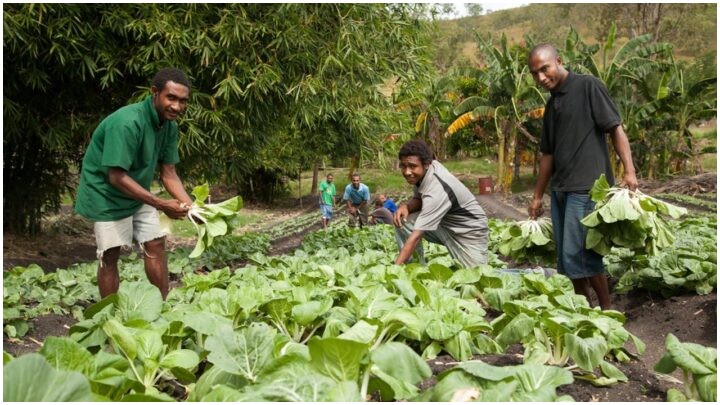
Challenges and the Road Ahead
Despite their progress, Action in Isolation faces challenges:
- Funding limitations
- Poor road infrastructure slowing down mobile deliveries
- Extreme weather events affecting crop yield
- Lack of cold storage
However, they are responding by:
- Launching a crowdfunding platform for donations.
- Partnering with engineering students to develop low-cost cold storage.
- Advocating for government grants and recognition.
Why Their Grassroots Model Works
Unlike top-down aid models, Action in Isolation’s grassroots approach focuses on local empowerment. Every community involved is part of the solution, not just a recipient of aid. By building from the ground up, they foster long-term resilience rather than short-term dependency.
“We’re not here to save people. We’re here to support them as they save themselves.” – Action in Isolation’s motto
How You Can Help
Whether you’re in South Africa or abroad, here’s how you can contribute:
- Donate: Monthly contributions help fund food, fuel, and tools.
- Volunteer: Local hands are always needed.
- Share: Spread their message on social media or through schools and workplaces.
- Partner: NGOs and businesses can co-create projects with them.
Visit www.actioninisolation.org.za for more details.
In the vast rural landscapes of South Africa, where government support sometimes falls short, Action in Isolation is planting seeds of hope. Their community-first approach to tackling hunger is not only feeding people but also restoring dignity, purpose, and strength to those who need it most. In times when despair feels overwhelming, this initiative reminds us that grassroots action—fueled by compassion and collaboration—can indeed change the world, one meal at a time.
FAQs
Q1: What areas does Action in Isolation operate in?
They serve rural communities across all 9 provinces of South Africa, with strong programs in Limpopo, Mpumalanga, and Eastern Cape.
Q2: How can someone apply for food assistance?
Local community leaders or kitchen managers help identify families in need. You can also reach out via their website or WhatsApp helpline.
Q3: Is Action in Isolation affiliated with any political party?
No, they are a non-partisan, community-based organization focused solely on hunger relief and empowerment.
Q4: Can I volunteer without any prior experience?
Yes! They provide all the necessary training for volunteers, whether for cooking, gardening, or logistics.
Q5: Do they accept international donations?
Yes, donations from abroad are welcome through their official donation page and secure payment systems.
How does Action in Isolation’s grassroots approach help combat hunger in rural South Africa?
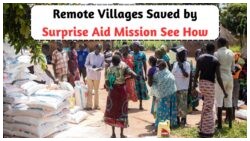 Hope on the Ground: Action in Isolation Brings Life-Saving Aid to Remote South African Villages
Hope on the Ground: Action in Isolation Brings Life-Saving Aid to Remote South African Villages
By providing food and support to those in need.
